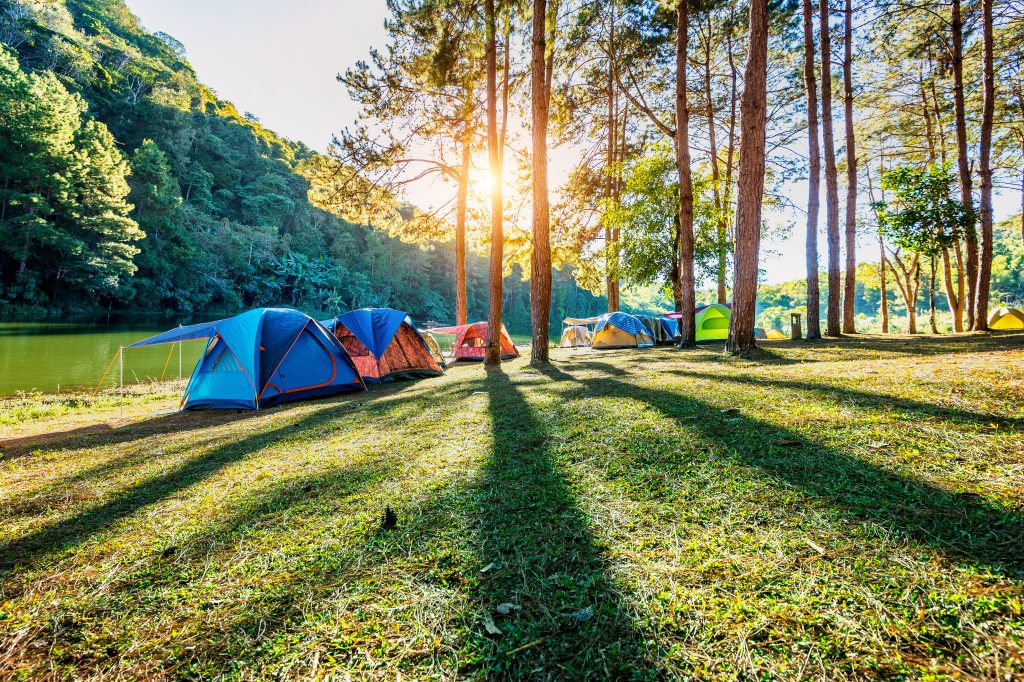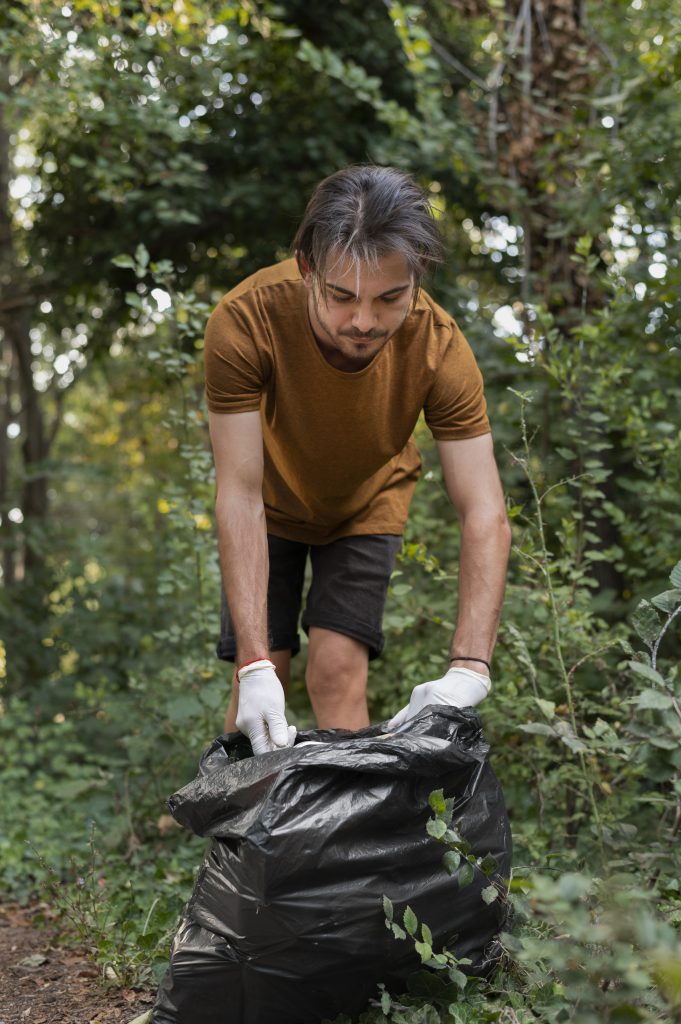7 Leave No Trace Principles: Exploring Nature Responsibly


Adventure travel offers a thrilling and immersive experience for outdoor enthusiasts. Whether it’s hiking through majestic mountains, camping in pristine forests, or kayaking in crystal-clear lakes, the allure of exploring the great outdoors is irresistible. However, it is essential to practice responsible and sustainable tourism to preserve the natural beauty of these destinations. This article delves into the importance of Leave No Trace (LNT) principles in adventure travel, guiding travelers on how to minimize their impact on the environment while enjoying the wonders of nature.
Leave No Trace Principles: Adventure Travel
What are the 7 Leave No Trace Principles? And why they are so important? As travelers, it is our responsibility to protect and preserve the natural environment we encounter. By adhering to the seven Leave No Trace principles, we can ensure that future generations can also relish the beauty and serenity of these natural landscapes. Here, we will explore each principle in detail and understand its significance in the context of adventure travel and discovering the great outdoors.
Principle 1: Plan Ahead and Prepare
Proper planning is the foundation for a successful and environmentally conscious adventure. Before embarking on a journey, research your destination thoroughly, including local regulations, weather conditions, and potential hazards. Equip yourself with appropriate gear and supplies, ensuring you are adequately prepared for any situation that may arise.



Principle 2: Travel and Camp on Durable Surfaces
One of the fundamental principles of Leave No Trace is to minimize our impact on fragile ecosystems. When traversing through natural areas, stick to established trails to avoid trampling delicate vegetation. When setting up camp, choose durable surfaces like rock, gravel, or established campsites to minimize damage to the surrounding flora and prevent soil erosion.



Principle 3: Dispose of Waste Properly
Proper waste disposal is crucial for maintaining the pristine beauty of our natural surroundings. Carry out all non-biodegradable waste, dispose of it responsibly in designated bins, and pack out all other trash. When nature calls, make sure to use established restroom facilities or bury human waste in a cathole at least 6-8 inches deep and 200 feet away from water sources.



Principle 4: Leave What You Find
As tempting as it may be to take home a souvenir or a pretty rock, it is essential to leave natural objects untouched. Leave the flora, fauna, rocks, and cultural artifacts where you found them, as they play a vital role in maintaining the ecosystem’s balance and historical context.
Principle 5: Minimize Campfire Impacts
Campfires are an integral part of the camping experience for many adventurers. However, they can have a severe impact on the environment if not managed responsibly. Before lighting a fire, check if it is permitted in the area and adhere to specific guidelines. Use existing fire rings whenever possible, keep the fire small, and ensure it is completely extinguished before leaving.
We think it is important to extend more on this subject. When enjoying a campfire, remember to follow specific guidelines and ensure it’s completely extinguished before leaving:
- Choose established fire rings and clear the area around them before lighting a campfire in wildlands.
- Keep the fire small and manageable to prevent it from spreading and causing harm to the surrounding environment.
- Always have a source of water nearby to extinguish the fire completely before leaving the area.
- Follow local regulations and restrictions regarding campfires to ensure the safety of yourself and the wildlands.
- Never leave a fire unattended and make sure it is completely extinguished before you leave the site.
Or watch this short and concise campfire safety tutorial.
Principle 6: Respect Wildlife
Encountering wildlife is often one of the highlights of adventure travel. To ensure the safety of both humans and animals, it is crucial to maintain a respectful distance and observe wildlife from afar. Do not feed or approach wild animals, as it disrupts their natural behavior and can pose a danger to both parties. Feeding wildlife damages their health and alters natural behaviors.
Principle 7: Be Considerate of Other Visitors
The great outdoors is a shared space, and it is vital to be considerate of other visitors. Respect their solitude and desire for a peaceful experience by minimizing noise pollution. Yield to hikers on narrow trails, and be mindful of the impact your actions may have on others’ enjoyment of the natural environment.
Frequently Asked Questions (FAQs) about LNT Principles and Sustainable Travel
How can I plan my adventure travel responsibly? Responsible adventure travel begins with thorough planning. Research your destination, understand local regulations, pack appropriate gear, and familiarize yourself with Leave No Trace Hiking for example, to ensure you are prepared and can minimize your impact on the environment.
Can I build a campfire during my adventure travel? Building a campfire can be a delightful experience, but it is crucial to do so responsibly. Check if fires are permitted, use existing fire rings whenever possible, keep the fire small, and ensure it is completely extinguished before leaving.
What should I do if I encounter wildlife during my adventure travel? Wildlife encounters can be awe-inspiring, but it is important to maintain a respectful distance. Observe animals from afar, do not approach or feed them, and respect their natural behavior.
How can I minimize my waste while adventuring in nature? Minimizing waste starts with proper planning. Pack reusable containers, avoid single-use plastics, carry out all non-biodegradable waste, and dispose of it responsibly in designated bins. Pack out all other trash and leave the natural environment as you found it.
How can I ensure a positive experience for other visitors? Being considerate of other visitors is essential for a harmonious outdoor experience. Minimize noise pollution, yield to hikers on narrow trails, and be mindful of how your actions may impact the enjoyment of others.
Why are Leave No Trace principles important in adventure travel? Leave No Trace principles are crucial in adventure travel to preserve the natural environment and ensure the sustainability of these destinations for future generations. By practicing these principles, we can minimize our impact and protect the beauty and integrity of our natural landscapes.
Conclusion
Adventure travel offers us a gateway to connect with nature and create lifelong memories. However, it is essential to approach these experiences with responsibility and respect for the environment. By embracing the Leave No Trace principles, we can tread lightly and enjoy the wonders of nature while ensuring their preservation for generations to come. So, gear up, plan ahead, and embark on your next adventure with a commitment to leaving no trace behind.
Newsletter Subscription
You May Also Like


How to Choose the Best Sunglasses for Every Outdoor Adventure
Are you an adventure travel enthusiast who loves spending time outdoors? Whether you’re...

Adventure Travel and US Music Festivals
Adventure travel and music festivals in the USA are an irresistible combination that promises...


